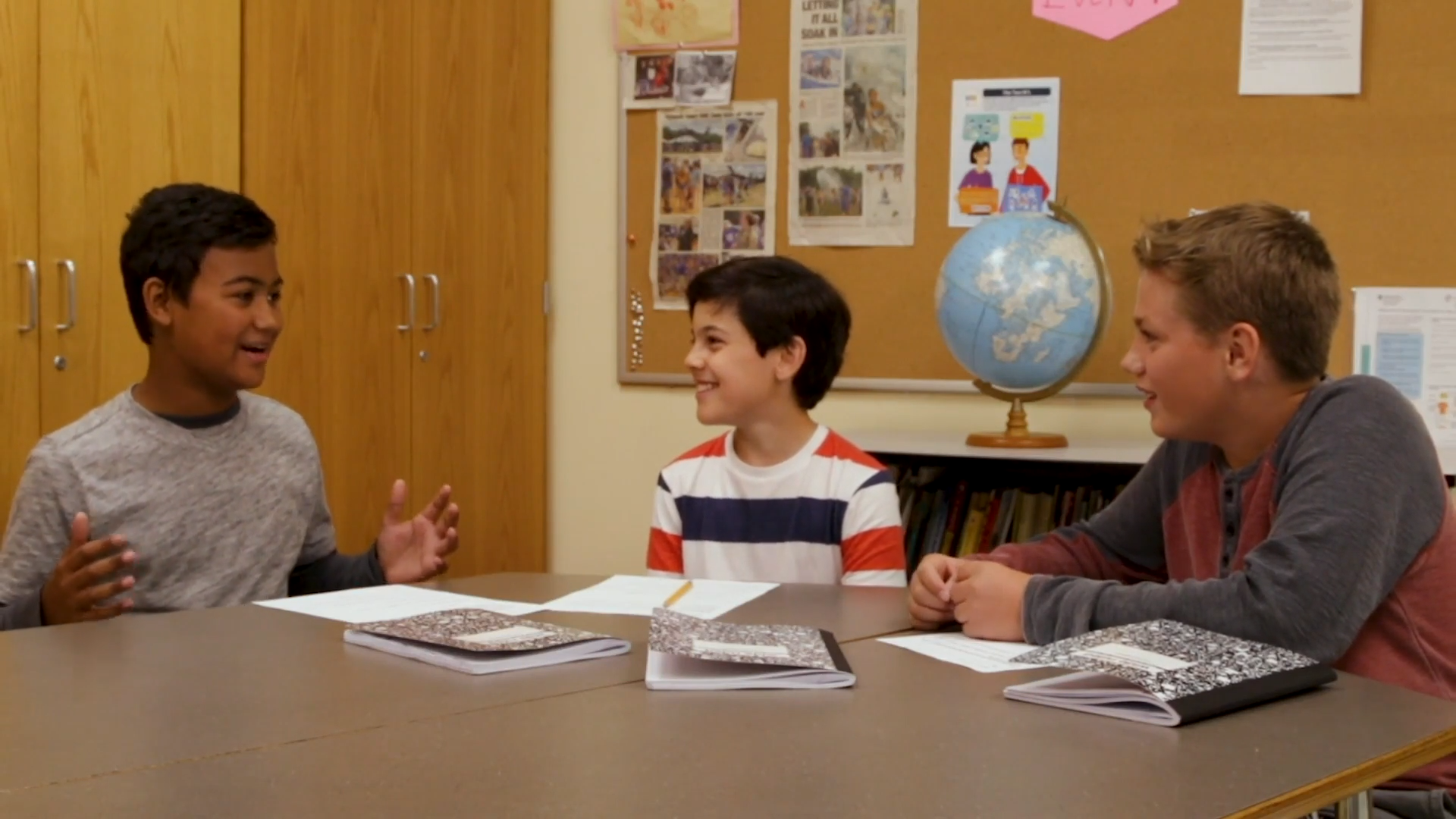Introduction
Compromise is a valuable skill that helps in building strong relationships and resolving conflicts in a harmonious way. It allows individuals to give up part of what they want to ensure that everyone’s needs are met. In this blog post, we will introduce an engaging activity called “Guess What Happens Next” that teaches students about compromising and encourages them to practice this skill in various situations.
No-Prep Activity: Guess What Happens Next
This activity requires no preparation or materials from the educator. To begin, present a series of short scenarios to your students. These can be based on real-life situations or fictional stories. After each scenario, pause and give your students three possible outcomes. Ask them to guess which one of the choices is most likely to happen next, keeping in mind the principles of compromising.
For example, you might present a scenario where two friends, Shay and Natalie, are playing a game during indoor recess. They have only five minutes left before recess ends. Natalie suggests playing a speed round, while Shay prefers to play the regular way. Present the following three choices to your students:
- Shay agrees to try the speed round.
- Natalie insists on playing her way and doesn’t listen to Shay.
- They decide to play a different, shorter game that they both enjoy.
Encourage your students to discuss their guesses and explain their reasoning. This will help them understand the importance of compromising and how it can lead to positive outcomes in different situations.
Discussion Questions
Here are some questions you can use to stimulate further discussions about compromise:
- Why is it important to consider other people’s feelings and opinions when making decisions?
- Can you think of a time when you had to compromise with someone? How did it make you feel?
- What are some strategies you can use to come up with a fair compromise when you disagree with someone?
- How can compromising help you build stronger relationships with your friends and family?
- Why is it important to be flexible and open to change when trying to reach a compromise?
Related Skills
Beyond compromising, there are other related skills that can help students develop healthy relationships and navigate social situations effectively. These include:
- Active listening: This skill involves giving full attention to the person speaking and showing empathy and understanding towards their feelings and thoughts.
- Assertiveness: Being assertive means expressing one’s feelings, thoughts, and needs in an honest and respectful manner, without being aggressive or passive.
- Conflict resolution: This skill involves identifying the root cause of a disagreement and working together to find a solution that benefits all parties involved.
- Empathy: Developing empathy enables students to understand and share the feelings of others, which can lead to more compassionate and supportive interactions.
Next Steps
If you found the “Guess What Happens Next” activity helpful in teaching compromise and other social-emotional learning skills, be sure to check out more free sample materials available at Everyday Speech. These resources can assist educators in incorporating valuable life skills into their curriculum, helping students become more resilient, empathetic, and adaptable individuals.






